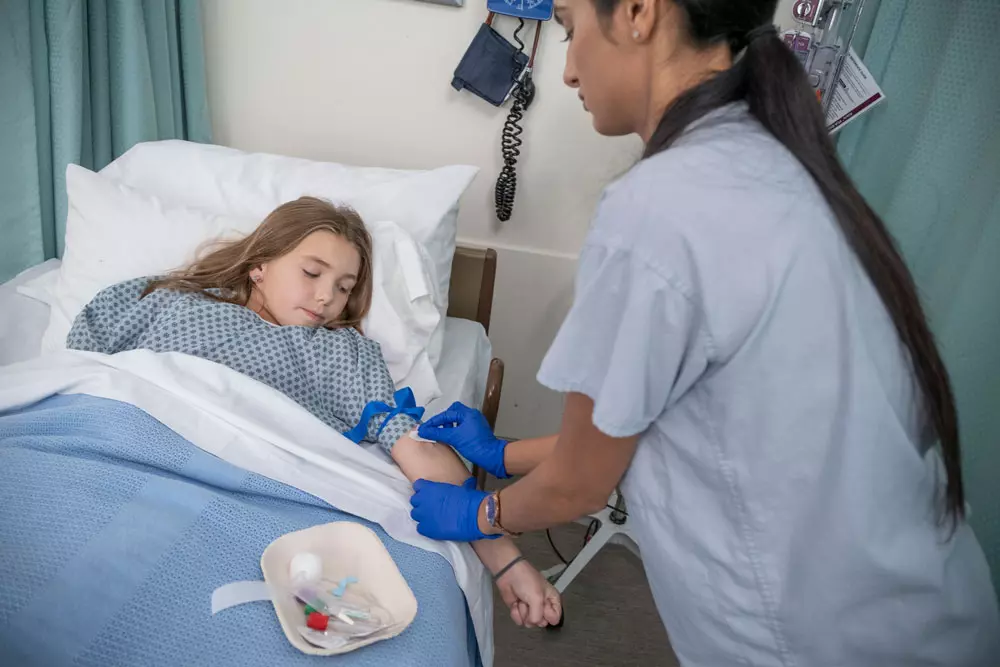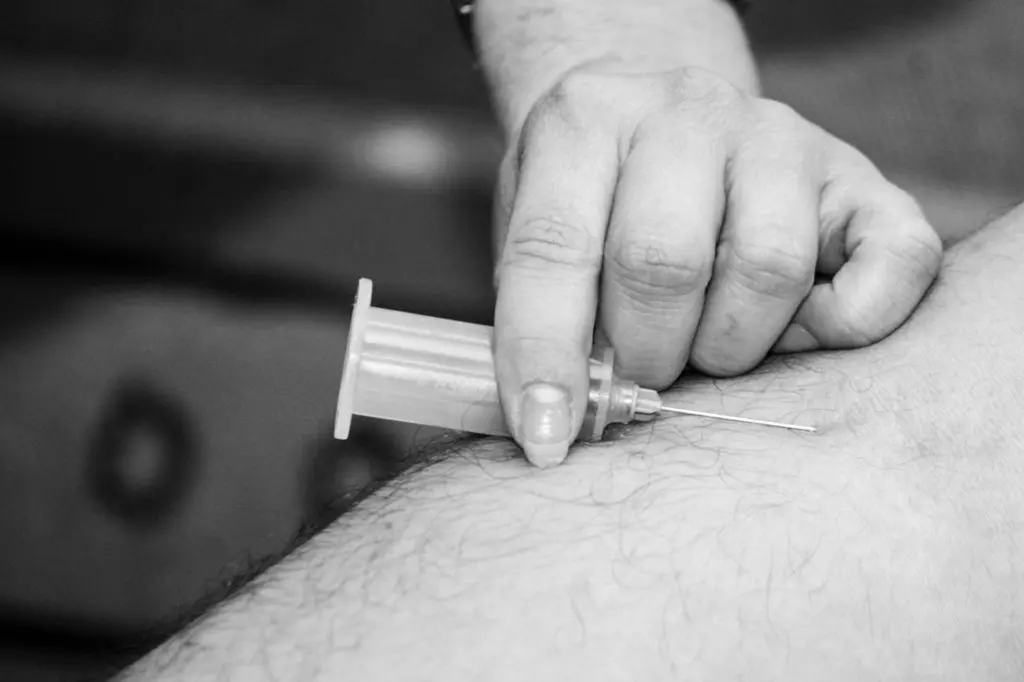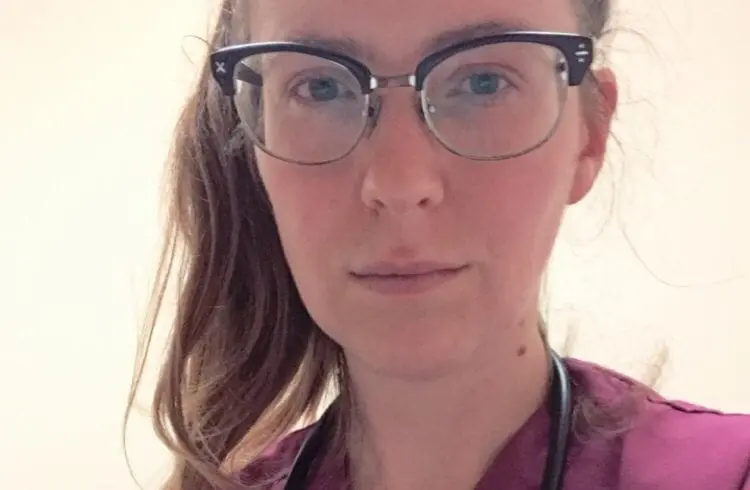Today’s licensed professional nurses (LPNs) are the main link between individual people and the broader healthcare world. If you’re passionate about helping others live their best lives, you might be a great fit for one of these LPN careers.
It is health promotion techniques that help LPN professionals connect patients with healthy lifestyles. Quite simply, health promotion is the process of educating people about healthy living—enabling them to improve and increase control over their own health.
LPNs participate in health promotion when they advocate for healthy, sustainable behaviours, policies, and atmospheres, wherever they go. Many LPNs even join health promotion working groups to address and tackle broader social and environmental issues that are preventing people from living their healthiest lives.
When you become an LPN, you’ll be able to do this important work yourself. Read on for a breakdown of the LPN’s role in health promotion.
1. Learning About Health and Safety Risks in Practical Nursing Programs
Once you’ve earned your LPN diploma, you’ll be eligible for employment everywhere from public hospitals and long-term care facilities to community centres and patients’ private homes. You’ll be responsible for assisting patients with their daily living activities, administering and monitoring medication, and more. In every instance, the patient’s safety will be your top priority.
In each practical nursing program, healthcare professionals learn to recognize health risks and red-flags that can compromise a patient’s safety—like household chemicals, obstacles to mobility, and even domestic violence or elderly abuse.
Because guarding against a wide range of health risks is such an important and difficult element of health promotion, top LPN programs also include a practicum segment of training where you can experience this sense of responsibility for yourself before graduation. This prepares students to be the safety watchdogs that vulnerable members of their communities need and deserve.
2. Encouraging Healthy Habits After Practical Nursing School
A modern LPN course teaches students a comprehensive, holistic understanding of health. Factors like age and weight alone can’t give us a picture of a person’s health—today’s LPNs are taught bigger picture thinking.
With a thorough understanding of how determinants of health and the reality of health inequities affect communities, LPNs become better equipped to effectively advocate for health in their communities.
For example, when you become an LPN, you’ll learn about barriers to healthy nutrition, so you’ll be able to offer helpful input about healthy eating to patients you encounter. You’ll also learn how to promote each patient’s best physical health, through assisting in therapeutic recreation or rehabilitation activities. Perhaps best of all, you’ll discover how effective your compassionate care can be in improving patients’ mental health and happiness.
3. Bringing Medical Science and Research to the Community
You may be drawn to an LPN career because you’re interested in the world of healthcare sciences. This is an asset when it comes to health promotion. The healthcare field is fast-paced and complex, needing skilled professionals to promote its findings and advancements and to those who wouldn’t otherwise access or understand them.
LPNs are called to keep their fingers on the pulse of the healthcare scene at large—taking careful notice of reports, recalls and safety alerts that may apply to their patients, and keeping up-to-date on new ways of helping their communities to stay healthy.
With the right training and a compassionate attitude, you can take on the important task of health promotion in your community, and leave a lasting positive impact on each patient you encounter.
Would you like to start your own meaningful career be enrolling in a practical nursing school?
Visit Stenberg for more information or to speak with one of our helpful advisors.











